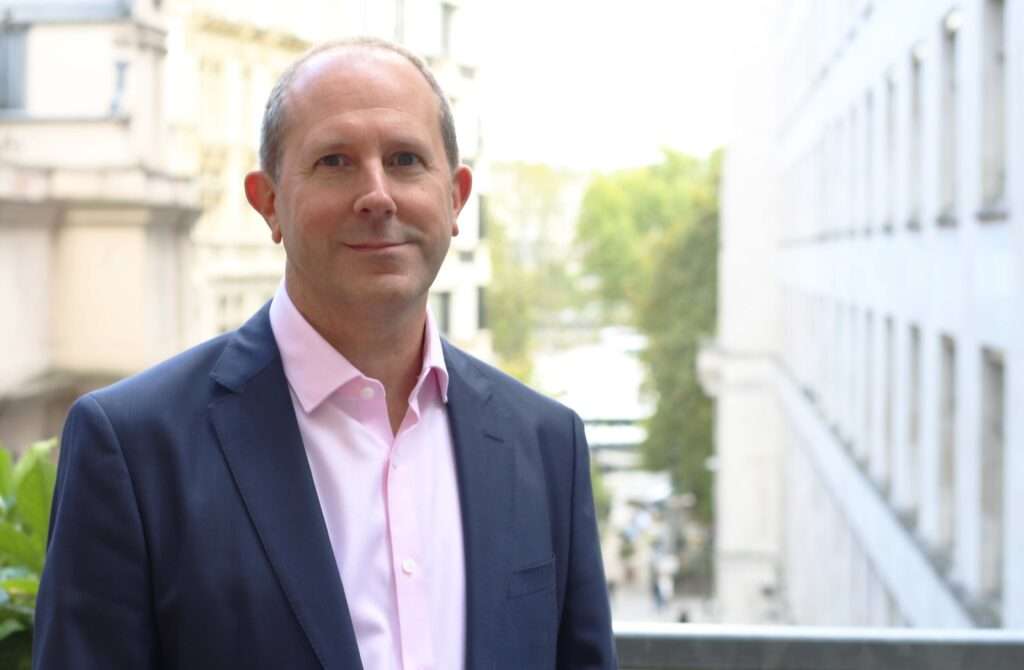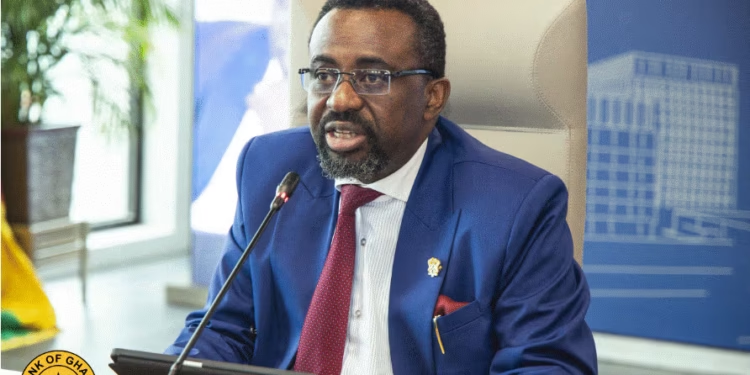British Members of Parliament (MPs) are poised to receive an inflation-busting 2.8% pay rise this year, a move that would push their annual wages to nearly £94,000.
The Independent Parliamentary Standards Authority (Ipsa), which oversees parliamentary salaries, announced the proposal, citing the “vital role” MPs play in governance.
The proposed pay rise has ignited criticism from taxpayers, pensioners, and campaign groups, who argue that MPs are being rewarded despite failing to improve economic conditions for ordinary citizens.
Critics argue that this increase is a “bitter pill” for taxpayers to swallow, especially as many Britons continue to face financial struggles due to high taxation, inflation, and strained public services.
John O’Connell, Chief Executive of the TaxPayers’ Alliance, condemned the decision, stating, “MPs are guilty of delivering a record high tax burden, persistent inflation, and struggling services, yet are now being rewarded for this catalogue of failures.”
Adding to the backlash, pensioners have accused the government of hypocrisy. The campaign group Silver Voices has expressed outrage over the proposed increase, particularly after the government cut winter fuel payments for elderly citizens.
“To be in an apparent financial situation so dire that a hard decision had to be taken to deprive 10 million old people of winter fuel payments, but now the situation is apparently not hard enough for there to not be above-inflation pay rises for MPs—it reeks of hypocrisy.”
Dennis Reed
MP Salaries on the Rise Despite Economic Woes
Ipsa Chairman Richard Lloyd defended the proposal, explaining that, since taking charge of MP salaries in 2011, the agency has aimed to make fair pay decisions based on wider public sector trends. “Our pay proposal for 2025-26 reflects the experience of the wider working public sector population and recognizes both the vital role of MPs and the current economic climate,” he stated.

If approved, the salary increase would see MPs earning £93,904 per year, up from £91,346. This comes amid growing concerns about the cost of living crisis and dissatisfaction with public services.
MP salaries have been steadily increasing over the years. In 2019, at the start of the last Parliament, MPs earned £79,468 annually. Last year, Ipsa recommended a 5.5% pay rise for MPs, pushing their salaries from £86,584 to £91,346, despite ongoing economic hardships faced by many Britons. That increase was above the Consumer Prices Index (CPI) inflation rate at the time.
The new proposal, slightly above the current 2.5% inflation rate, aligns with the government’s broader public sector pay recommendations. However, it has reignited debates about whether MPs’ earnings should be strictly linked to national economic performance.
Dennis Reed warned that the move could become a lasting stain on the government’s reputation, likening it to historical political controversies.
“It is a fundamental blunder and will be the legacy of this government. Thatcher the milk snatcher lived on … this is going to live on, too.”
Dennis Reed
A Briton on X shared his sentiment by posting that MP’s pay should mimic the average national income.
“I’ve always maintained MP’s pay should reflect the average national income. Given they are suppose to represent everyone and average national income is an index of all levels of employment that should be where their pay is pegged. On £94k per annum MPs move into an income bracket far removed from the experience of many people.”
Criticaleye
The controversy comes at a time when ministers already receive separate salaries in addition to their MP earnings. Ipsa will conduct a public consultation on the proposal until mid-March, while also reviewing MPs’ overall salary structures, a mandated process following each general election.
As public frustration mounts, many are calling for MPs to reconsider their financial priorities and focus on improving the economic well-being of the citizens they represent.
READ ALSO: Manasseh Bemoans Government’s Discontinuation of Corruption Cases























